Science
Our goal is to significantly accelerate drug discovery, achieve highly personalized treatment nomination for every patient, and improve clinical efficiency and outcomes.
Our goal is to significantly accelerate drug discovery, achieve highly personalized treatment nomination for every patient, and improve clinical efficiency and outcomes.
 Actionable treatment nomination for most patients
Actionable treatment nomination for most patients  Identification of novel drug targets
Identification of novel drug targets  Identification of drug combinations that optimize clinical outcome
Identification of drug combinations that optimize clinical outcome  Improved biomarkers for drug trials
Improved biomarkers for drug trials  Drug indication expansion
Drug indication expansion 



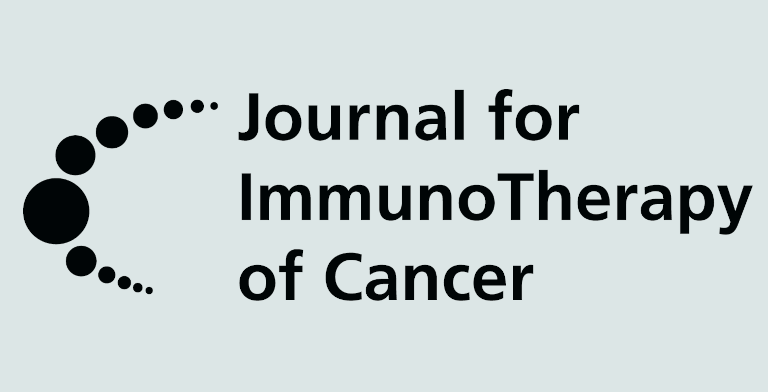
Immune checkpoint inhibitors (ICI) have improved outcomes in non-small cell lung cancer (NSCLC). Nevertheless, the clinical benefit of ICI as monotherapy or in combination with chemotherapy remains widely varied and existing biomarkers have limited predictive value. This paper describes a blinded analysis of ENLIGHT-DP in 50 patients with lung adenocarcinoma (LUAD) treated with ICI and platinum-based chemotherapy. We show that ENLIGHT-DP is predictive of response to treatment, outperforming both TMB and PD-L1 expression, and is the only biomarker in this cohort significantly correlated with progression-free survival. ENLIGHT-DP was also highly predictive in PD-L1<1% and TMB-low outlier groups, demonstrating its potential in identifying responders among populations considered non-responsive as a whole.


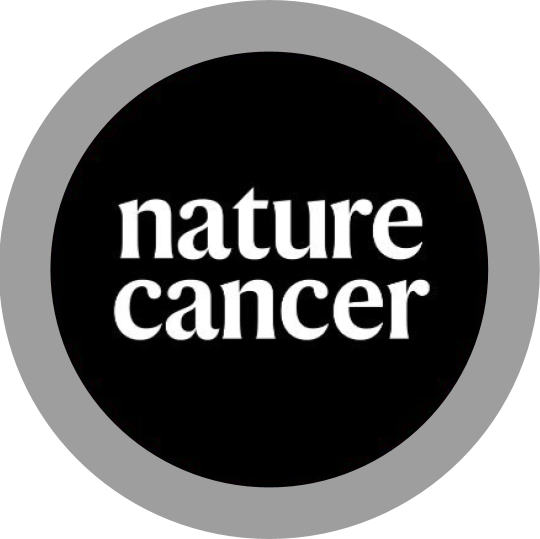
Advances in artificial intelligence have paved the way for leveraging hematoxylin and eosin-stained tumor slides for precision oncology. We present ENLIGHT–DeepPT, an indirect two-step approach consisting of DeepPT, a deep-learning framework that predicts genome-wide tumor mRNA expression from slides, and ENLIGHT, which predicts response to targeted and immune therapies from the inferred expression values. We show that DeepPT successfully predicts transcriptomics in all 16 The Cancer Genome Atlas cohorts tested and generalizes well to two independent datasets. ENLIGHT–DeepPT successfully predicts true responders in five independent patient cohorts involving four different treatments spanning six cancer types, with an overall odds ratio of 2.28 and a 39.5% increased response rate among predicted responders versus the baseline rate. Notably, its prediction accuracy, obtained without any training on the treatment data, is comparable to that achieved by directly predicting the response from the images, which requires specific training on the treatment evaluation cohorts.



In this paper, as part of a collaboration with Sheba hospital, we investigated mechanisms of resistance to PARP inhibitors among BRCA+ patients in PDAC. We found that ENLIGHT was predictive of response to PARPi, and an investigation of the ENLIGHT biomarker highlighted the importance of the upregulation of genes involved in the G2–M cell-cycle checkpoint and focal adhesion pathways, which are known to be associated with resistance.


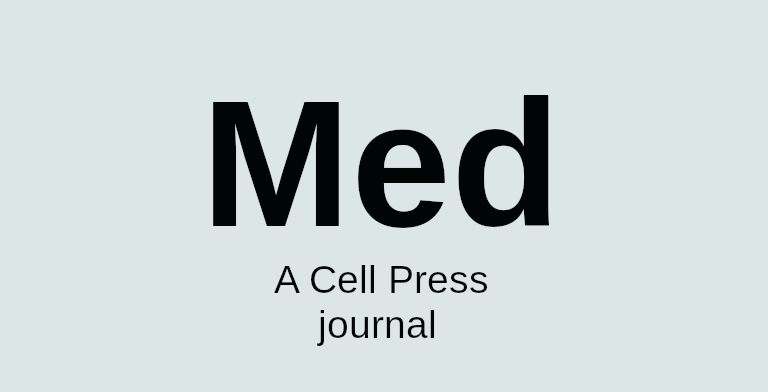
This work presents Pangea’s proprietary ENLIGHT platform, a GI-based algorithm that extends and improves upon SELECT. ENLIGHT was developed by Pangea for prediction of patient response to targeted therapies and ICB in multiple scenarios. The manuscript presents a comprehensive retrospective validation for ENLIGHT’s applicability to precision oncology and clinical trial design.



This case report describes an exceptional report to checkpoint blockade therapy in a young patient with a rare liver cancer. The treatment highlighted by ENLIGHT went contrary to common checkpoint blockade biomarkers and led to complete remission.


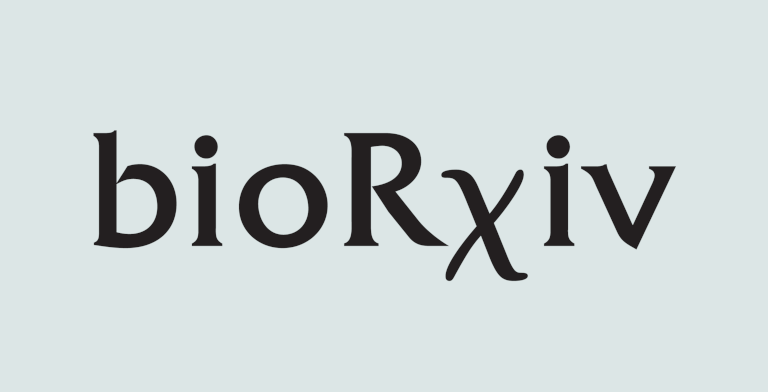
With this work, we demonstrate for the first time the ability to leverage common histopathology images for accurate transcriptome-based prediction of response to precision oncology treatments, bypassing the need for lengthy and costly NGS. The ENLIGHT-DeepPT technology (ENLIGHT-DP for short) can have far-reaching implications, as it can make precision profiling and treatment-matching feasible in situations where NGS is not – for lack of resources, time, or sufficient biopsy material. Furthermore, it can serve as a very fast and inexpensive screening test, to determine which patients should be referred for more accurate comprehensive molecular profiling.


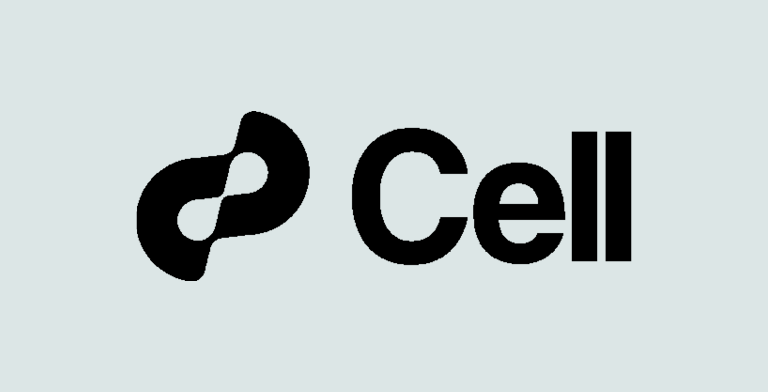
This work presents SELECT, a GI-based approach for response prediction in the oncology realm. This work extends upon ISLE with an emphasis on a more comprehensive retrospective validation on targeted therapies and immunotherapies



This work uses the SELECT pipeline to identify multiple potential therapy combinations for a variety of Triple Negative Breast Cancer (TNBC) sub-types. In particular, two powerful combinations targeting the BET complex and two synthetic-lethal targets of it were identified and validated.


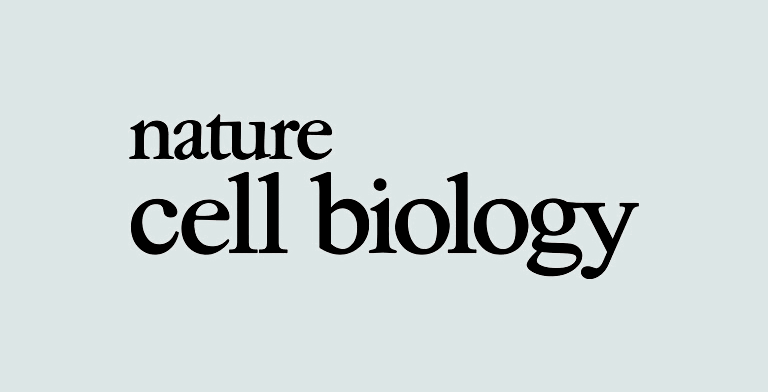
Another demonstration of the utility of the approach for drug target identification. In this case in Pancreatic Cancer and Melanoma.


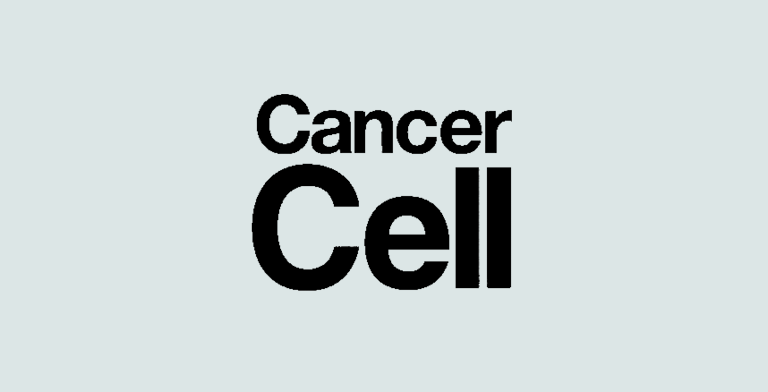
This work demonstrates the applicability of the SELECT GI-based approach to drug development. Specifically, a novel target for Uveal Melanoma was discovered here for the first time based on a computational analysis done by SELECT and was validated prospectively in in-vitro and in-vivo models. This target is currently being validated in a clinical trial.

